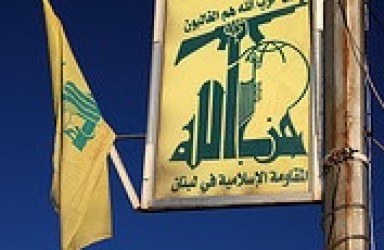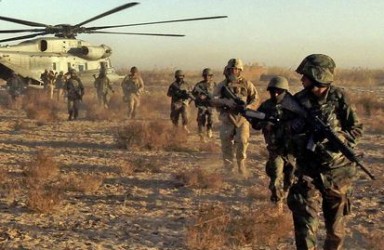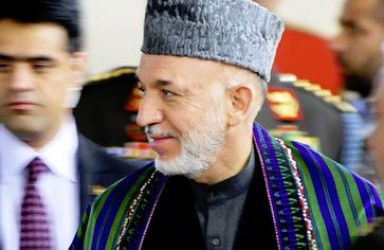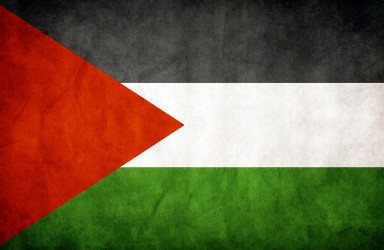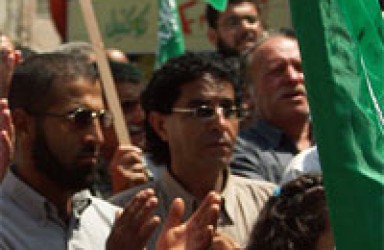On Hamas: A fresh analysis of an old ‘problem’
The dominant Western rhetoric enforces the portrayal of Hamas as a static organisation, its violent and ‘fanatical’ behaviour rendering it as innately characteristic while contradictory evidence is marginalised as irrelevant. This myopic approach has failed to understand Hamas, and for peace ever to be achieved this paradigm must be broken.
The History, Politics and Ideology of Hamas
Hamas ultimately wishes for the end of Israel and the liberation of Palestine, but it thinks almost exclusively in short term goals and is open to the possibility of entering into negotiations. The dominant view in Israel seeks to stop Hamas getting any more of a foothold in Palestine than it already does, doubting the sincerity of its elements of moderation.
What Motivates Islamic Political Organisations in the Middle East?
The fact that Hamas and Hezbollah have participated in elections does not necessarily mean that they have abandoned Islamist ideology. The very term ‘Islamist’, or at least its application, is highly problematic. Furthermore, all Islamist organisations are very different, and are constrained by the institutional rules of participation to differing degrees.
Yin or Yang? China and the Muslim world
In its autonomous region of Xinjiang China will decide upon its lasting and largely irreversible geopolitical trademark in entering the Global Balkans. Though it is narrow, the window of opportunity exists for China to take a credible leadership for regional peace and secure stable confidence.
Ending the Odyssey: A Necessary if Imperfect Proposal for Restoring the Peace in Libya
While the lessons of the Libyan crisis for international relations are many, the most important lesson is the need to change the way that humanitarian interventions are conducted, as the violence experienced by civilians since the foreign intervention has increased substantially.
Accounting for the Resilience of the Taliban
Despite a considerable advantage in terms of manpower, weaponry, funding and logistics, the international military presence in Afghanistan has been unable to defeat the Taliban insurgency. In fact, it could perhaps be argued that the presence of foreign troops on Afghan soil has been the instrumental factor in allowing the Taliban to not only survive, but to expand and prosper.
Human Rights In The Middle East: Questions Of Compatibility And Conflict
The fact that the debate over whether Islam and human rights discourse are compatible is an example of how states in the Middle East continue to go through a transitional phase in regard to reforming laws and policies which infringe upon peoples rights. Post election violence in Iran and Iraq suggests that there is still a long way to go in terms of securing peace in security in the region.
Can the West build states in countries like Afghanistan?
The War in Afghanistan is now in its tenth year. The conflict has diversified as it has developed, evolving from a purely military confrontation against the Taliban to a multi-faceted state building and humanitarian operation in an attempt to defeat the resurgent insurgency and stabilise the Afghan state on a sufficiently pro-Western model.
How far has the Palestinian ‘right of return’ been the main obstacle to the peace process since 1993?
Drenched in controversy, very few topics inspire such heated historical debate as to why the Palestinian people find themselves displaced and in a state of constant limbo. A failure to address the right of return has provided some groups with a motive to derail the peace plan at all costs.
What role does religion play in Hamas’ political behaviour?
This essay argues that religion plays a crucial role in Hamas’ political behaviour. Hamas established its identity around Islam when the organisation was being created and today it places Islam in the centre of its political actions. Yet Hamas remains a political organisation at a relatively high level of development, and it uses selected religious elements depending on what it deems profitable in any given political situation.


